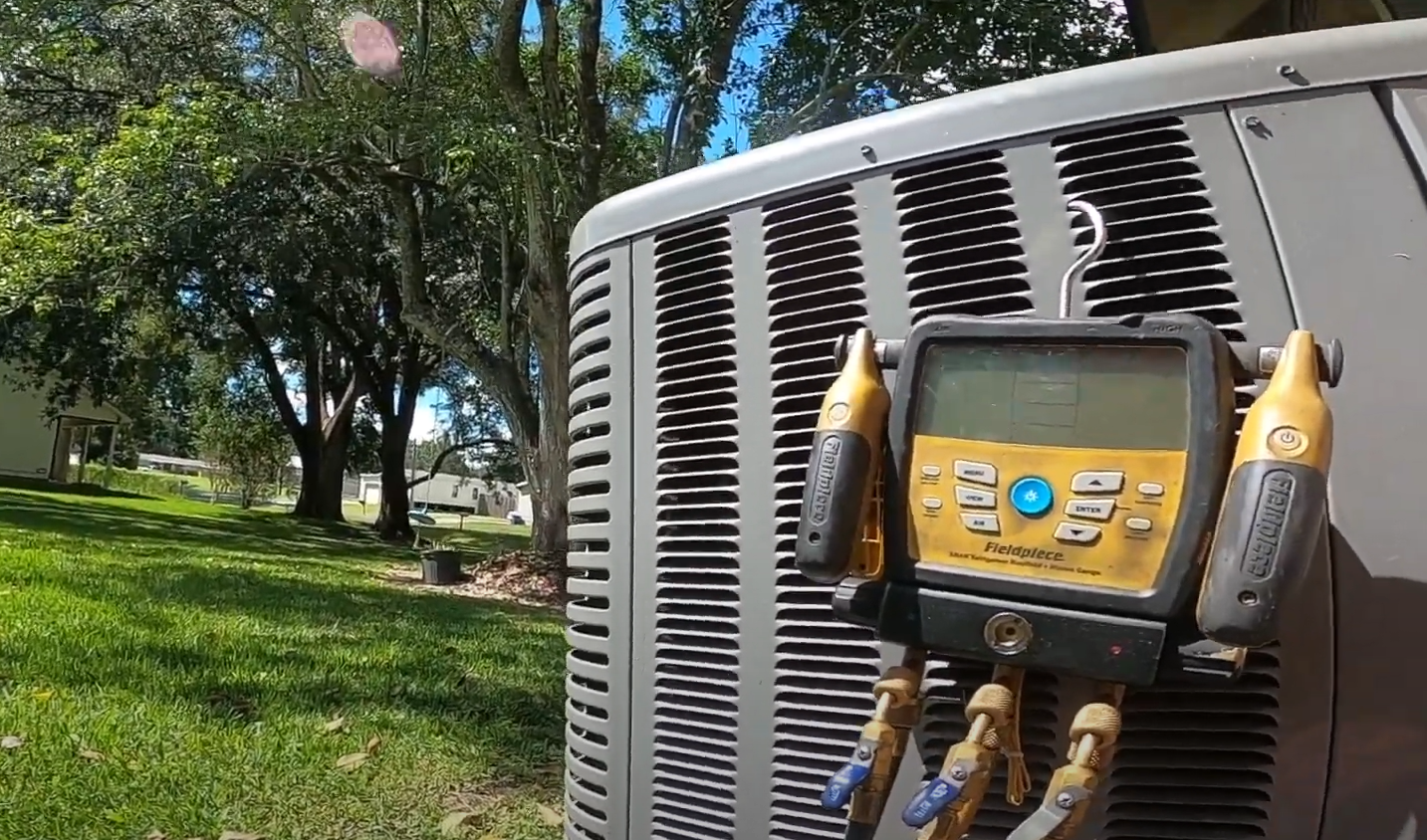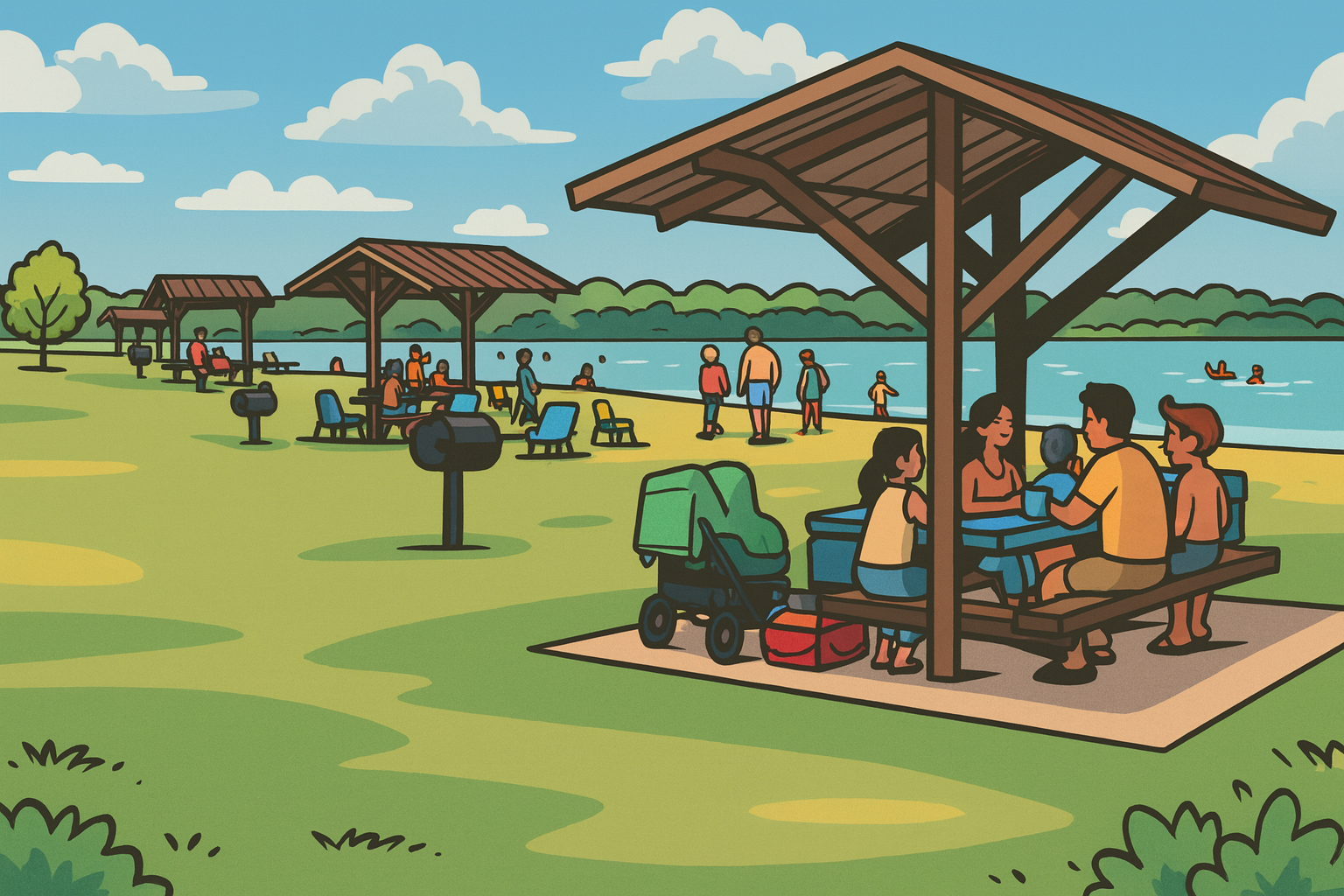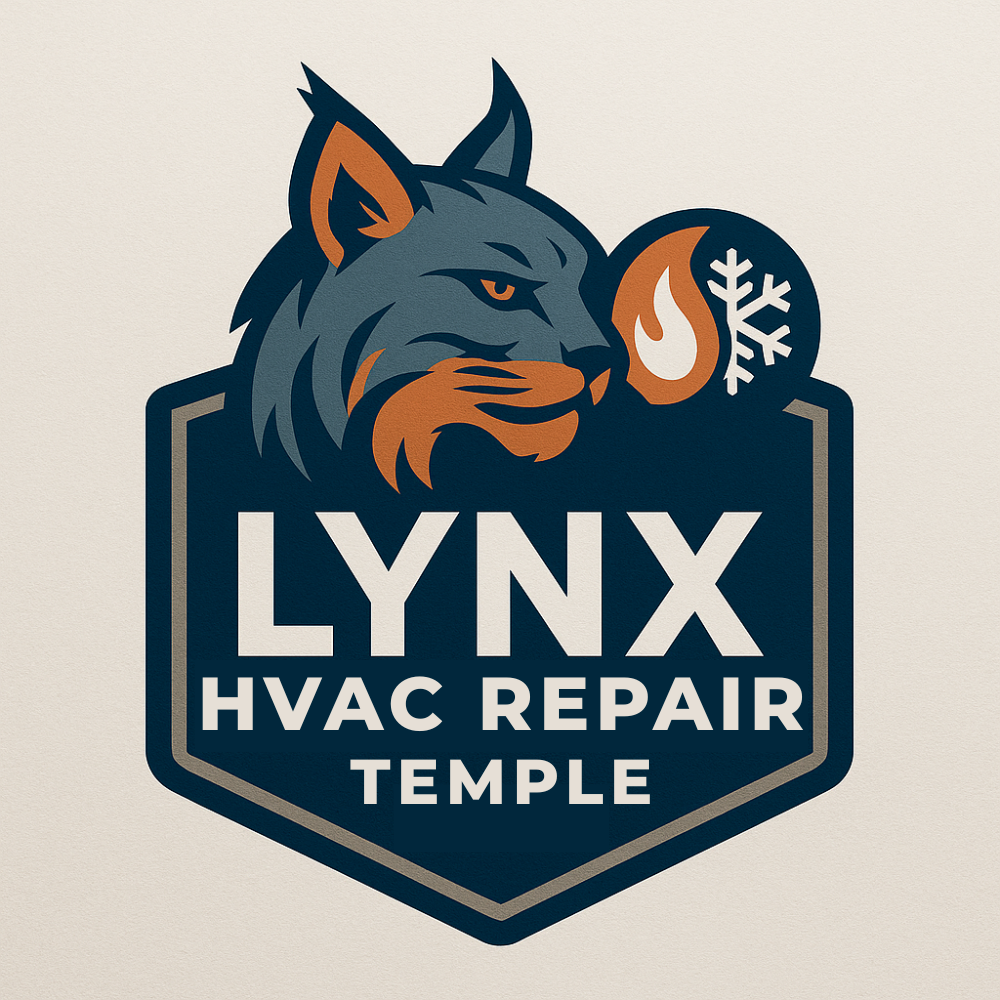Why Do Air Conditioning Pipes Freeze: Common Causes And Prevention Tips From Temple HVAC Experts
When your air conditioning pipes freeze in Temple's scorching summer heat, it's more than just an inconvenience — it's a warning sign that your system may need professional HVAC repair. Frozen AC pipes typically occur when there's either restricted airflow, low refrigerant levels, or a mechanical failure preventing proper heat exchange in your system.
Living in Central Texas means dealing with intense humidity and heat, which can make your AC work overtime. These conditions create the perfect environment for moisture to accumulate and freeze on your AC pipes, especially when something isn't working correctly in your cooling or HVAC repair system.
Your AC's frozen pipes are actually trying to tell you something important about your system's health. Left untreated, this issue can lead to expensive repairs and leave you without cooling when you need it most in Temple's hot weather.
Key Takeaways
- Frozen AC pipes signal an underlying system problem that requires immediate professional attention
- Restricted airflow and low refrigerant levels are primary causes of pipe freezing
- Regular maintenance prevents pipe freezing and extends your AC system's lifespan
What Causes Air Conditioning Pipes to Freeze?
Air conditioning pipes freeze when specific system malfunctions prevent proper heat exchange and temperature regulation. The most frequent causes stem from refrigerant issues, airflow problems, and system control failures.
Low Refrigerant Levels and Refrigerant Leaks
Refrigerant plays a vital role in your AC's cooling process. When levels drop below specification due to leaks, the remaining refrigerant expands too much, creating extremely cold temperatures that freeze moisture on the evaporator coil.
Leaks often develop at connection points or from corroded copper lines. Signs of a refrigerant leak include:
- Hissing sounds near AC components
- Ice formation on refrigerant lines
- Weak airflow from vents
- Rising energy bills
Professional leak detection and repair is essential, as refrigerant handling requires EPA certification.
Dirty or Clogged Air Filters
A clogged air filter restricts airflow across the evaporator coil, preventing proper heat absorption. This creates extremely cold conditions that lead to ice formation.
Air filters should be checked monthly during peak cooling season. Common filter-related issues include:
- Visible dust and debris accumulation
- Bent or damaged filter material
- Incorrect filter size installation
- Filter material that's too dense for the system
Regular filter replacement costs far less than repairs from frozen components.
Inadequate or Insufficient Airflow
Beyond dirty filters, several factors can reduce system airflow. The evaporator coil needs consistent airflow to maintain proper operating temperatures.
Common airflow restrictions include:
- Blocked or closed air vents
- Dirty evaporator coil
- Faulty blower motor
- Damaged or disconnected ductwork
Professional cleaning of the evaporator coil and inspection of the blower assembly helps prevent freezing issues.
Thermostat Issues and Incorrect Settings
Your thermostat controls the AC's operation cycle. Malfunctions or improper settings can cause the system to run too long, leading to frozen components.
Key thermostat considerations:
- Set temperature should be above 70°F
- Fan settings should match cooling needs
- Programmable thermostats need correct schedule programming
- Sensor calibration affects cycle timing
Proper thermostat placement away from heat sources and direct sunlight helps maintain accurate temperature control.

Warning Signs and Effects of Frozen AC Pipes
Identifying frozen AC pipes early can prevent extensive damage and costly repairs. The warning signs manifest through specific changes in your cooling system's performance and appearance.
Reduced Airflow and System Cooling
Frozen AC pipes restrict refrigerant flow, leading to weak airflow from your vents. The air coming from your system will feel warmer than usual, even when set to a low temperature.
Your home will take longer to cool down, and some rooms might feel warmer than others. The temperature difference between supply and return vents becomes less noticeable.
The evaporator coil's frozen state prevents proper heat absorption, making your AC work harder while delivering poor cooling performance.
Unusual Noises and Visible Ice
Ice formation typically starts at the refrigerant lines near the evaporator coil. You may notice a frosty white coating or solid ice buildup on copper pipes.
A frozen AC system often produces clicking or banging sounds as ice forms and melts. The condensate drain line might make gurgling noises due to water backup.
Check the outdoor unit for signs of freezing around the suction line - the larger copper pipe covered in insulation.
Spike in Energy Bills
Your monthly electric bills will increase as the frozen system struggles to maintain desired temperatures. The AC runs longer cycles trying to compensate for reduced cooling capacity.
Component strain from ice buildup forces the system to consume more power. The compressor works overtime, leading to higher energy consumption.
A properly functioning AC shouldn't cause sudden bill increases. Track your energy usage - unexplained spikes often indicate frozen pipe issues.
Professional Diagnosis and Solutions
Expert HVAC technicians have specialized tools and knowledge to diagnose frozen AC pipes and implement lasting repairs that prevent future issues. Their systematic approach helps protect system components while restoring optimal cooling performance.
When to Call an HVAC Technician
Call a professional HVAC technician immediately if you notice ice buildup persisting after basic troubleshooting steps. Signs that require expert attention include:
- Ice formation that returns quickly after thawing
- Unusual noises from the indoor unit
- Weak airflow from vents
- Higher than normal energy bills
- Water leaking around the indoor unit
Licensed technicians possess advanced diagnostic equipment to detect refrigerant leaks and airflow restrictions that DIY methods can't identify. They can safely measure system pressures and refrigerant levels without risking damage to expensive components.
The Process of Thawing and Repair
HVAC technicians follow a methodical process to resolve frozen pipe issues:
- System Assessment: Check refrigerant pressure, airflow measurements, and component function
- Safe Thawing: Use specialized techniques to prevent water damage
- Component Testing: Evaluate the evaporator coil, blower motor, and electrical connections
Technicians will clean or replace air filters, clear drain lines, and repair any refrigerant leaks found. They calibrate system controls and verify proper operation before completing service.
Preventing Future Pipe Freezing
Professional technicians implement preventive measures to avoid repeat freezing:
- Install a programmable thermostat with advanced temperature control
- Set up regular maintenance schedules
- Replace worn air filters with proper MERV ratings
- Clean and straighten bent coil fins
- Check and adjust refrigerant charge
They can recommend ideal thermostat settings and filter change intervals based on your specific system and usage patterns. Many offer maintenance plans that include periodic inspections to catch potential issues early.
You might also like




